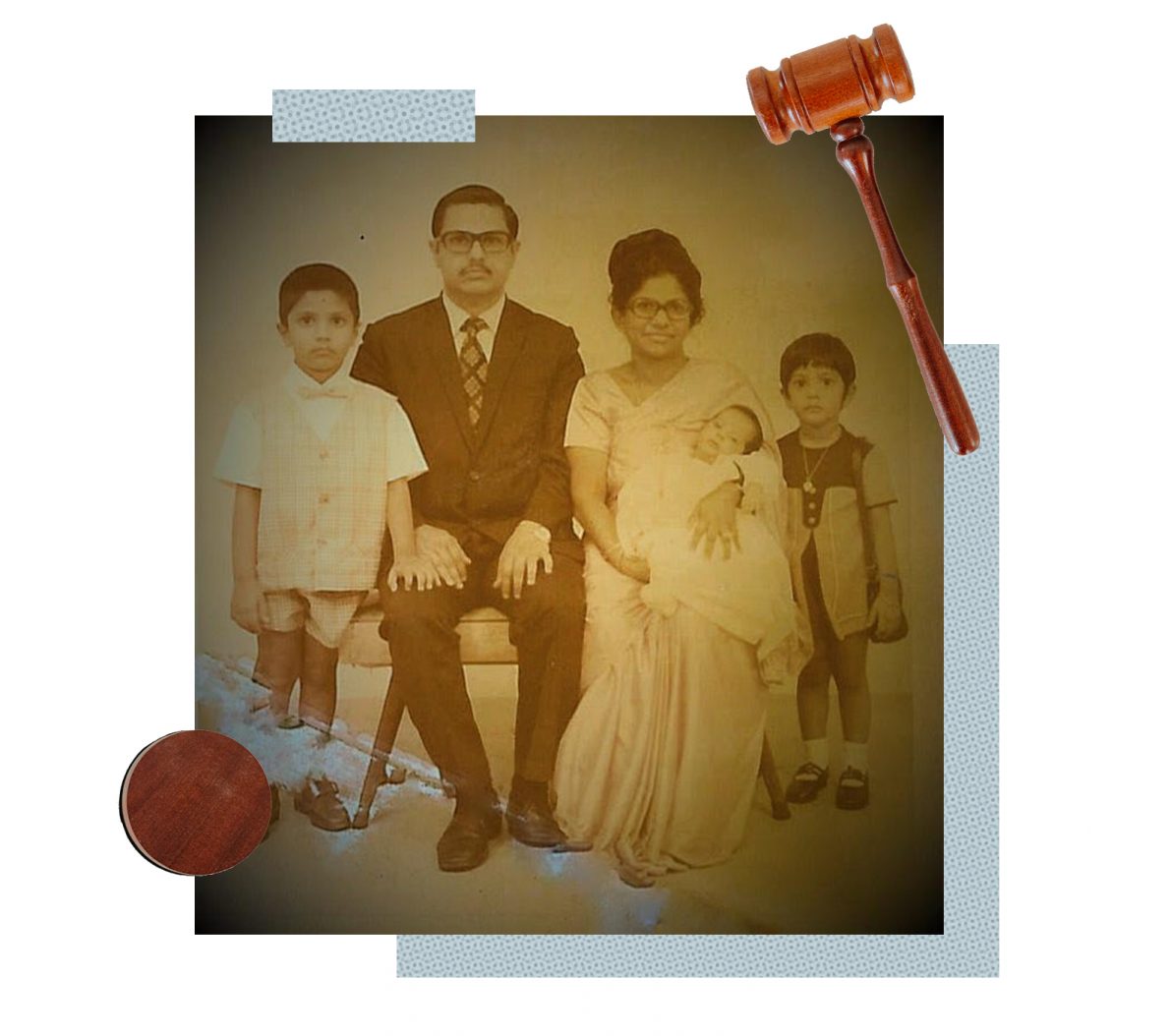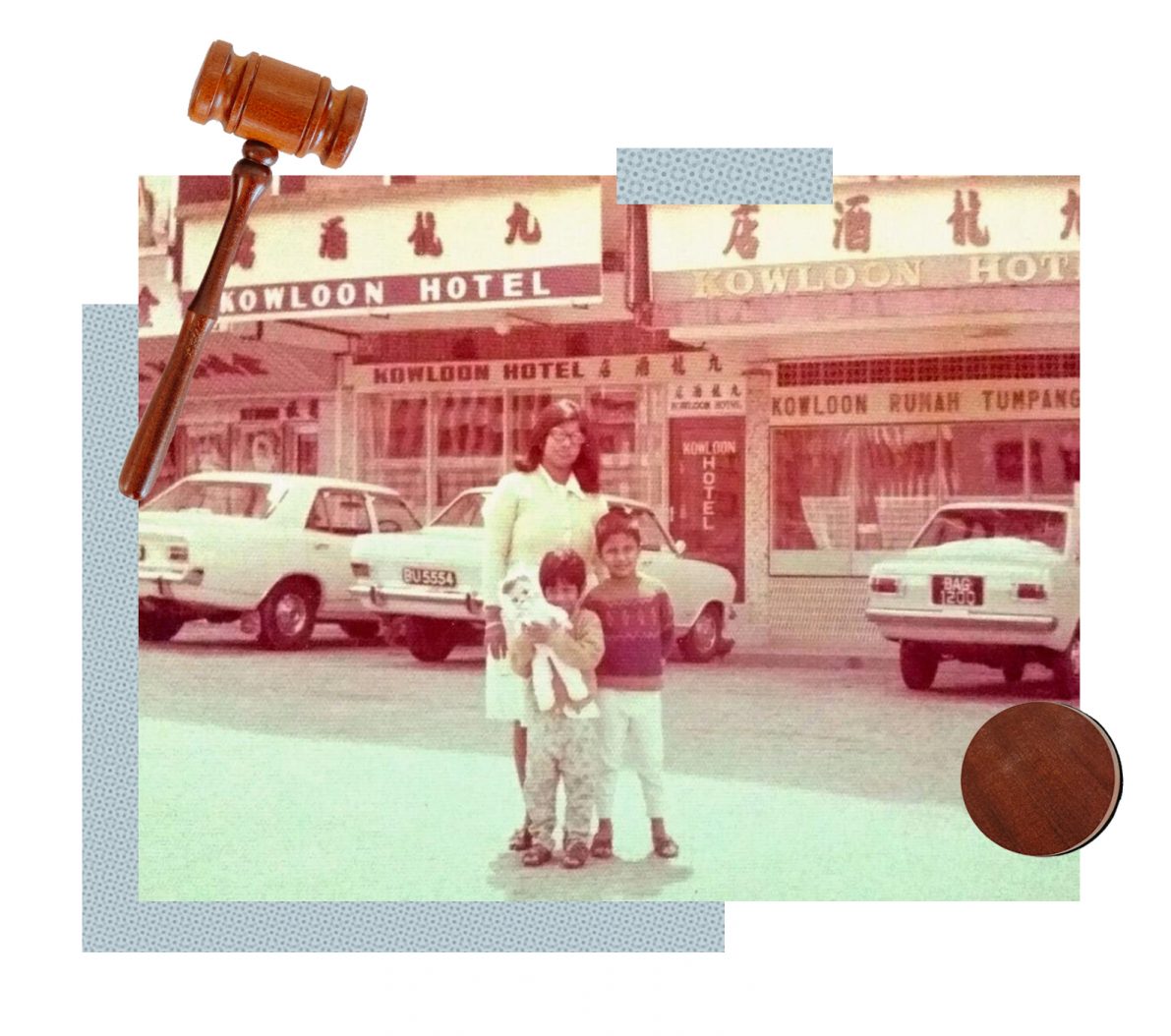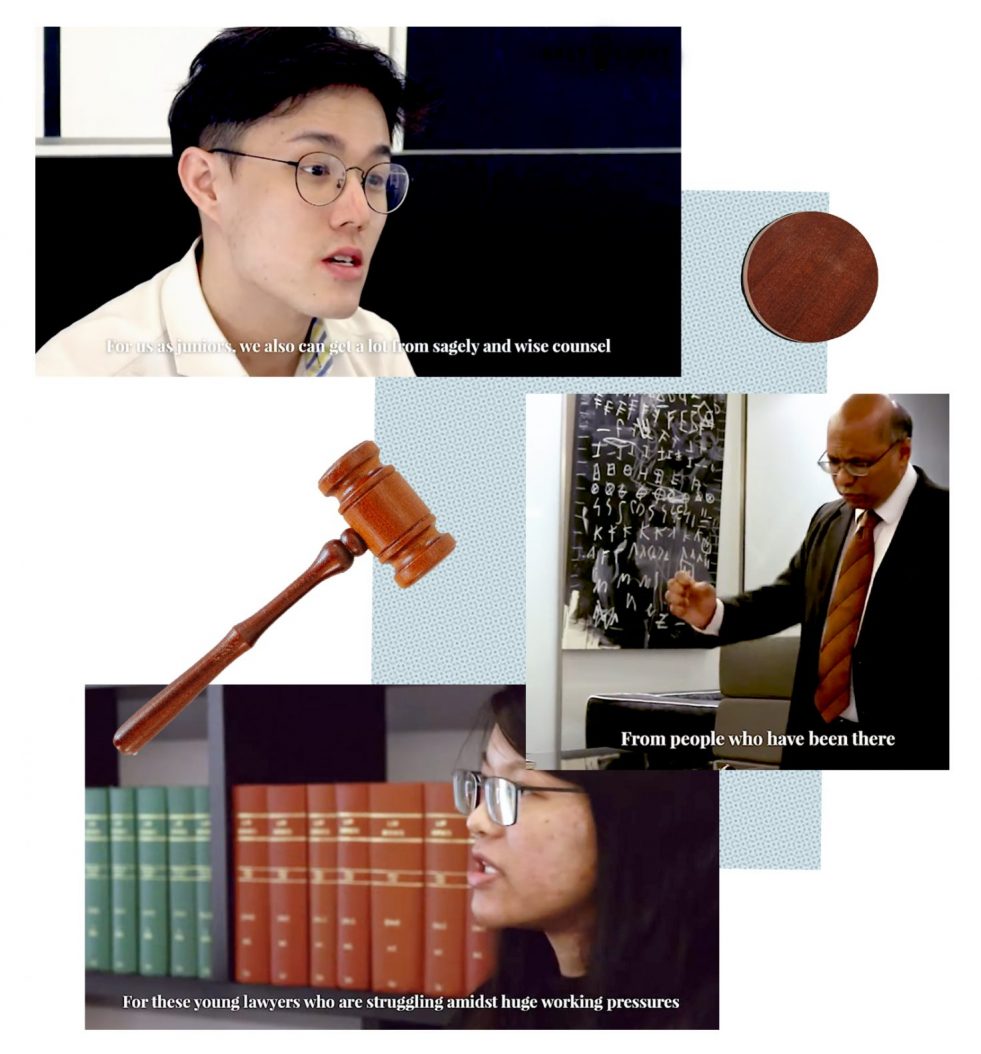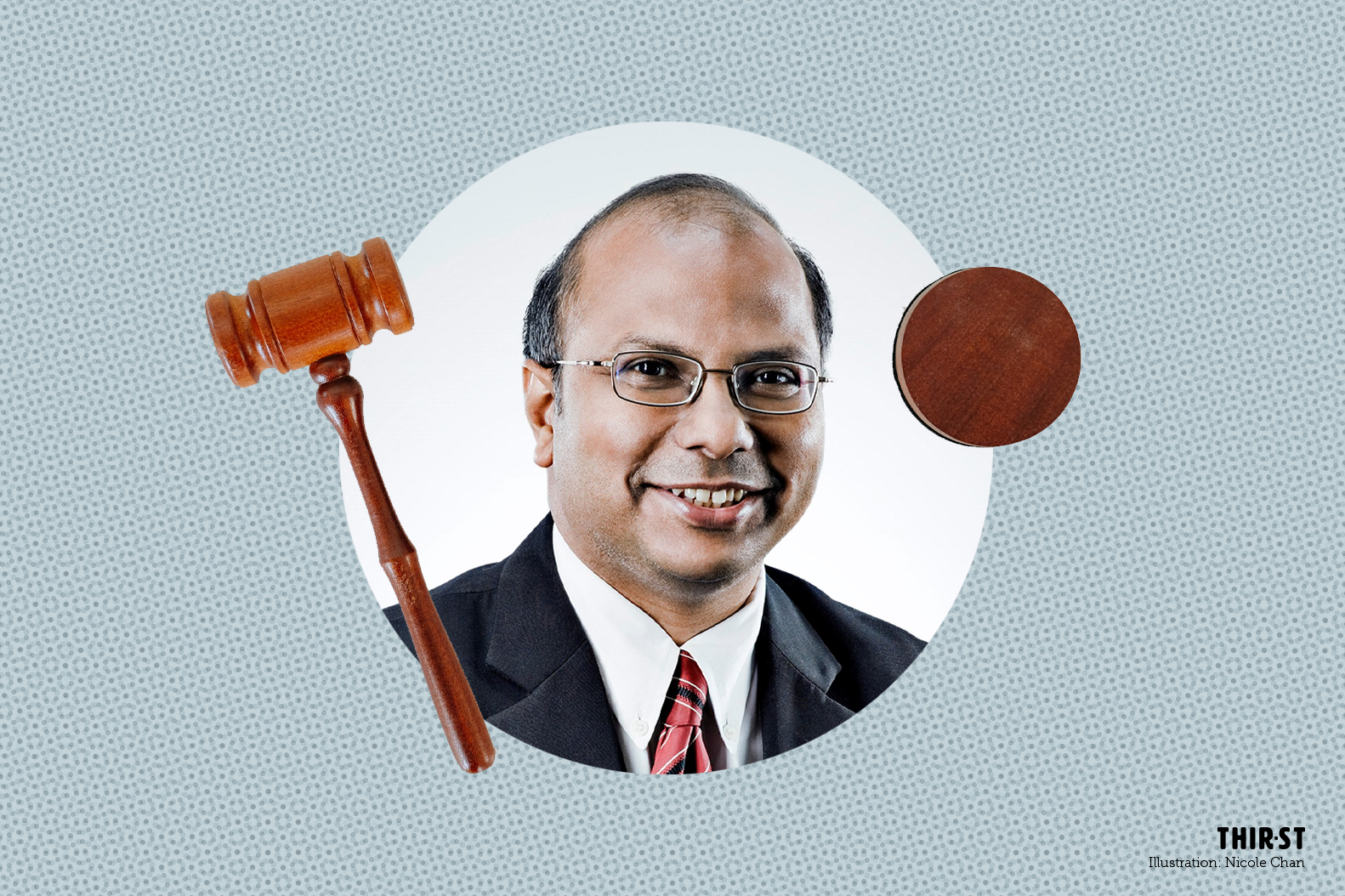If you’ve never heard or are unfamiliar with the term “integral mission”, well, you are not alone.
As the summary of an online survey conducted by Micah Singapore found, most participants were unfamiliar with the term “integral mission”. So what is it?
Integral mission is “‘the task of bringing the whole of life under the lordship of Jesus Christ’ and includes the affirmation that there is no biblical dichotomy between evangelistic and social responsibility in bringing Christ’s peace to the poor and oppressed”.
Simply put, it’s a shift away from compartmentalising evangelism and social responsibility into separate categories, placing instead equal emphasis on the proclamation and demonstration of the gospel.
Still cheem? No worries – Gregory Vijayendran, president of the Law Society of Singapore had some personal insights on integral mission to share during his address to the participants of Micah-thon, Micah Singapore’s first-ever integral mission hackathon.
BEGIN WITH A POSTURE OF REPENTANCE
Before sharing some personal anecdotes on what integral mission has looked like in the unique office and calling he occupies, Vijayendran first emphasised a posture of repentance.
Making reference to Micah 6:8 (AMP), he pressed the point that there is no place for pride – and more specifically, “a spirit of judgementalism” – in God’s mission.
“He has told you, O man, what is good;
And what does the Lord require of you
Except to be just, and to love [and to diligently practice] kindness (compassion),
And to walk humbly with your God [setting aside any overblown sense of importance or self-righteousness]?” (Micah 6:8, AMP)
Vijayendran revealed that the first thing that God had to do in his life was to clean him up from the inside out: “God had to remove a spirit of judgmentalism, and then it transformed into a spirit of intercession to pray for people.”
Justice, he affirmed, really does begin on our knees.
YOUR BROKENNESS, GOD’S MINISTRY
Explaining how God can use our personal experiences to minister to others, Vijayendran shared from his “biggest valley experience” – the loss of his mother.
Vijayendran revealed that the loss made him understand a little bit of what Jesus felt when in the Garden of Gethsemane when He said: “My soul is sorrowful unto death.”

Amazingly, despite the deep hurt and anguish Vijayendran was facing, God still released His comfort to him in an almost “supernatural way”.
Today, Vijayendran believes that God allowed him to go through that intense loss “so that we can comfort those in any trouble, with the comfort we ourselves receive from God.”
After the passing of his mother, Vijayendran felt that there was a big difference in the way he served especially in his time as president of Club Rainbow, a charity for chronically ill children.
“After that experience, when I met families, when I walked into homes where families had lost a child, I could understand a little bit of their pain,” he said.
“I could understand a little bit of what it means to lose a loved one, because God had released a comfort that became a comfort to many.”

Quoting John Henry Jewett, Vijayendran elaborated that in this ministry of consolation, “God does not comfort us to make us comfortable, but to make us comforters.”
That is why Vijayendran believes that the God of all comfort can take the brokenness in our lives and turn it into a blessing.
Sometimes, the places of greatest brokenness can be our places of greatest ministry.
LOOK OUT FOR ESTHER 4:14 MOMENTS
“And who knows whether you have not come to the kingdom for such a time as this?” (Esther 4:14b)
A heart of service is in line with the mission of God. Recognising this, Vijayendran sees his vocation as president of the Law Society as a position of service.
He explained the importance of looking out for what he refers to as “Esther moments”. These are the moments where he has been given the opportunity to do good for those he has the privilege of meeting.
In the unique office he has been placed in, Vijayendran has had the opportunity to serve the needs of people like junior lawyers and court witnesses.
A key part to living missionally, to Vijayendran, is thus serving the needs of others in one’s arena of influence.

PRACTISE COMPASSION
He shared one example of how, in the course of his service in Law Society, he was able to reach out to a junior lawyer who was considering suicide.
During that informal meeting together with her mentor, Vijayendran was able to simply affirm how important the junior lawyer was, that she has worth and value.
Together with her mentor, he was also able to impart some wisdom in terms of diagnosing what the “true issues” were, what the push factors where in the firm and where her passions were.
For Vijayendran, Esther moments are about “discerning the needs” of each person that crosses our path.
Vijayendran also gave an example of meeting young lawyers in a Junior Bar forum in 2017.
When asked how many of them would benefit from a relational mentor, he shared that virtually every hand in the hall was raised.
To follow through on that to extend lasting help to junior lawyers, the Society implemented a relational mentorship programme.
Eventually, the relational mentorship programme had senior lawyer volunteers who served as “a big brother or big sister who gives advice on ethical issues, career counselling and also stress management tips.”
SEEK JUSTICE
For Vijayendran, practicing compassion and seeking justice on non-religious, secular platforms are ways to “give the voice to the voiceless”.
The Senior Counsel recounted how he had been burdened by the treatment of witnesses in the courtroom.
He had read transcripts which he described as “horrific” because it was clear by the way the cross examination was conducted, that the endgame was to try and “break” court witnesses via intimidation and bullying.
He was convinced that this was “offside behavior” and was thankfully not alone in his assessment of that.
So Vijayendran together with the Law Society team put in place guidelines for vulnerable witnesses in the courtroom: children, victims of sexual offences, the elderly and the mentally incapacitated.
In the spirit of upholding justice for the last, the lost and the least, and of giving a voice to the voiceless, Vijayendran offered a well-known quote by Mahatma Ghandi.
“A nation’s greatness is measured by how it treats its weakest members,” he quoted, noting that “what is true of a nation is true of the legal profession”.
In capturing the essence of integral mission, Vijayendran had emphasised that we don’t need a “gospel campaign” to carry out the mission of God.
“It can sometimes be about seeding and sowing values,” he said simply.
Bringing his sharing full circle, Vijayendran reaffirmed that being used by God for good works begins with a posture of repentance, and closed with a verse:
“If my people which are called by my name shall humble themselves, turn from their wicked ways and pray, then will I hear from heaven, and will forgive their sin, and will heal their land.” (2 Chronicles 7:14)
- How is your idea of participating in God’s mission being challenged?
- What is holding your back from participating in God’s mission?
- What are the places of brokenness in your life that God can transform into a place of ministry? Are you able to surrender these places of brokenness?
- Where has God called you, “for such a time as this”, to do justice?









